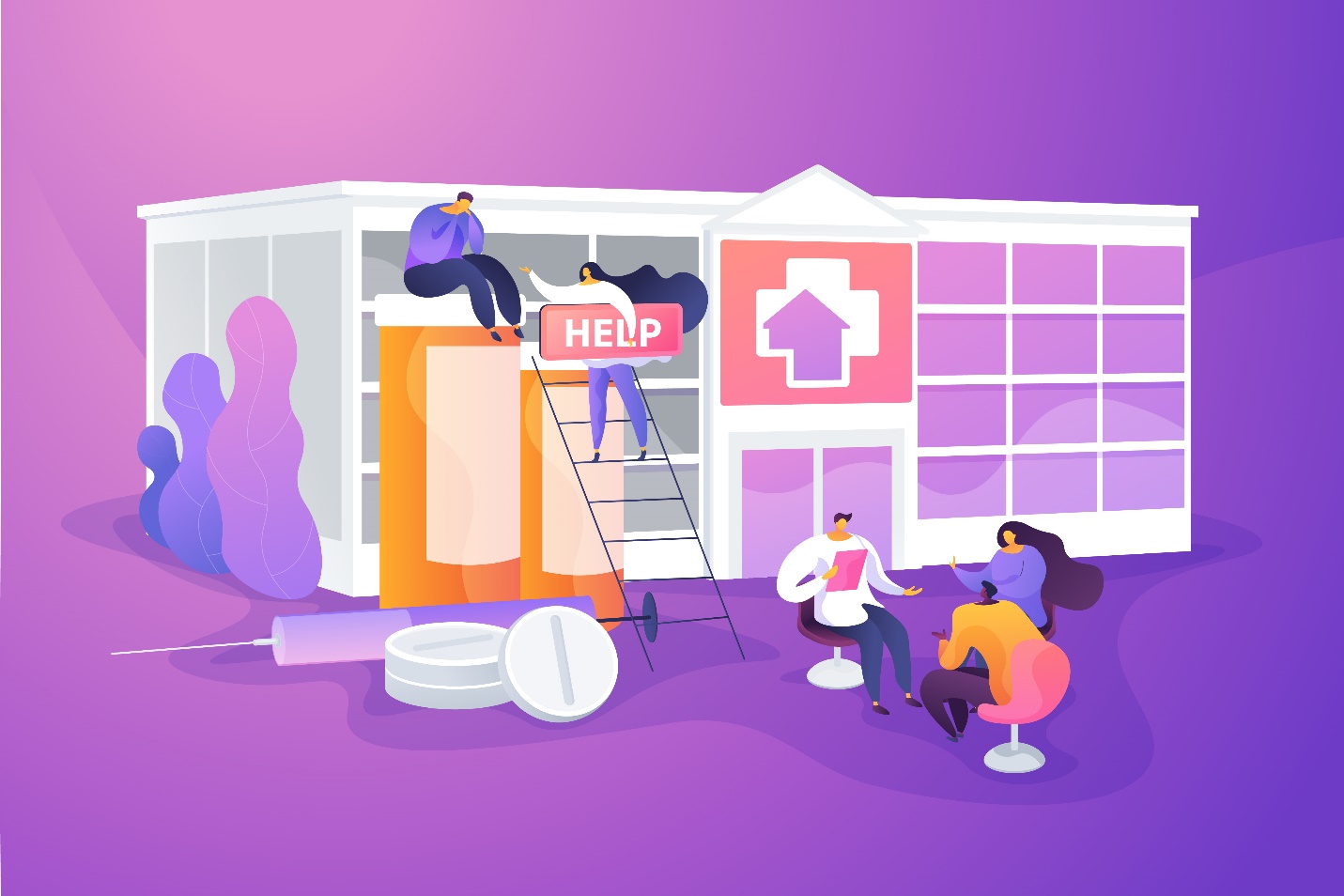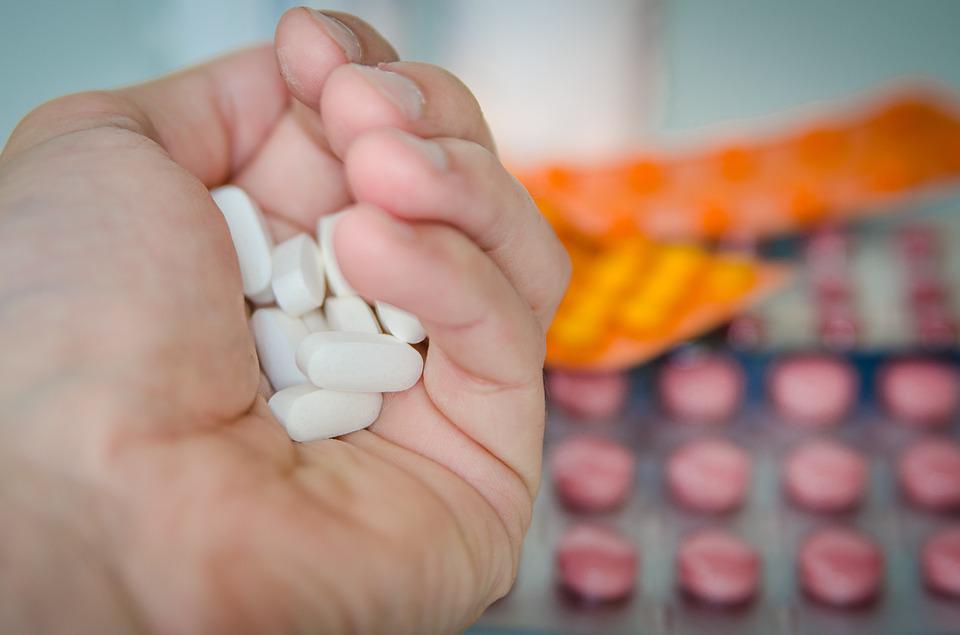
You might have a friend who is showing symptoms of drug or alcohol abuse. If so, it might be hard to say anything or what you should do in the first place. Addiction is also known as substance use disorder, and it is prevalent in many parts of the world. Read here about addiction for more understanding.
The abuse may refer to the deliberate decision to excessively take alcohol, illegal drugs, or even the prescribed ones. They can lead to addiction because the person feels good after taking them. After a time, they lose control, and they cannot stop themselves even if they want to.
Addiction may begin with alcohol or drugs because these substances interfere with the brain’s processes. They can also have long-term effects on one’s behaviors, and at some point, the hormonal and cognitive changes can turn one into an addict in no time.
The process can be both psychological and physical. In physical addiction, the body itself begins to be dependent on the drugs. They need more and more of the same substances to get the same effects as the first time they have taken them. When they begin to stop it, they may experience side effects or withdrawal symptoms.
In a psychological addiction, the mind itself is craving drug use, and an individual may start feeling miserable when they do not have any drugs in their system. They are sometimes overcome with their desires to get more of these substances.
Numerous studies have shown that an addiction can be considered a brain disorder, and it can be life-threatening in the same way as diabetes, emphysema, or heart disease. Chronic or long-term illnesses may also consist of recovery and relapse, depending on the individual’s desire to change. Social and behavioral symptoms can also hurt co-workers, friends, family, and even strangers.
However, you may be in the best position to help others seek treatment. Many people who are in rehab said that they have recovered because a relative or friend was honest about how they have a negative impact on others because of their addiction.
Deciding to Help Someone
Understandably, you might have a few concerns about helping a family or friend. They may be the following:
- You may get mixed feelings about becoming too involved with their lives, however, it is important to remember that this can cause death to the individual or others when they get out of hand.
- Many people believe that someone will eventually comment on their behavior, so it is crucial to be the one to step up and take the lead before it is too late.
- You may be someone who felt hurt by a friend’s previous behaviors or actions. It is essential to be responsible for these feelings and do something to make a change.
When you are trying to help, you may refer your friend or relative to one of the best rehab facilities in your area. A rehab in Illinois will be equipped with the programs, treatments, and healthcare professionals who can help someone heal and recover from addiction. Long-term programs are available to help patients cope with their problems. If you know someone who has an addiction problem, here are some of the symptoms to look for:
Psychological Symptoms
People who have psychological symptoms cannot help themselves when it comes to craving alcohol and drugs. The tell-tale signs that you need to know about are:
- They tell you that they see alcohol or drugs as a solution and not necessarily a problem
- Take the substances in larger amounts over time
- Become more preoccupied with getting illegal drugs, or they are often at the pub to get something to drink
- They begin stealing or selling some of their stuff to buy substances
- May feel depressed, irritable, or anxious at times
- Tend to withdraw contact with family and friends
- They start to lose interest in their hobbies, jobs, and studies
- They are related to others who also tend to drink excessively or abuse drugs during their free time
- Plenty of trouble in their relationships
- Frequent mood swings
- Taking part in high-risk activities like frequent intercourse with strangers or drunk driving
Physical Symptoms

When the body becomes too dependent on the substances, you may notice the following symptoms:
- Insomnia or having problems with sleeping every night
- Needs more alcohol or drugs to have the same high as the first time
- Sudden weight gain or weight loss
- Unhygienic appearance
- Withdrawal symptoms when they are not taking substances
How to Help?
Here are some tips that may help your friend or significant other if you suspect that they have an addiction problem:
- Do not talk to them whenever they are high or drunk. It is best to meet them when they are sober and make sure that it is a neutral and quiet place. Avoid bars that serve alcohol or a place that can cause triggers. See more triggers on this site: https://www.verywellmind.com/why-did-i-relapse-21900.
- Research and talk to your friend about the effects of drug use and abuse. They may care about their children or career but not about their own situation. Explain that if they care deeply about their kids and job, they may lose these crucial parts of their lives when they continue using drugs.
- It is best to prepare for a mix of reactions like denial, anger, sadness, and more. You need to think about how you will respond to these situations.
- You need to be aware of the rehabilitation centers in Illinois, other resources, and the programs available for their patients. Check the websites or call the facility to know more information about them.
Staying Away from Triggers and Temptations
When a person goes into rehab, they will undergo a detox process in the beginning so their bodies can learn to live without alcohol and drugs in their systems. The rehab centers provide a safe space for them to avoid triggers or prevent them from talking to friends who will tempt them to start using drugs once again.
With this said, being an inpatient in a rehab facility may mean that if something is out of one’s sight, it will also be out of one’s mind. This will take time, but with Illinois’ proper intervention and treatment programs, an individual can begin the healing process sooner.



